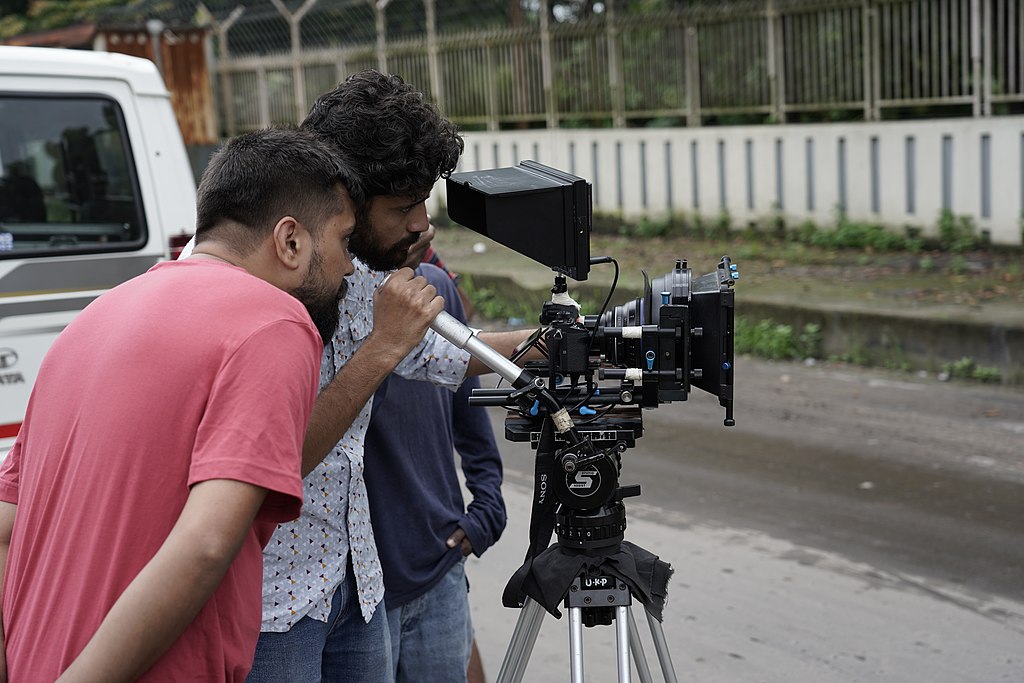How do we get Wikipedia to every corner of the world?
How can we share the joy of free knowledge with people who have never heard of our website?
In 2018, we asked Wikipedia’s volunteer editing communities all over the world to think creatively about expanding the reach of the free online encyclopedia.
Through a crowdsourcing campaign called “Inspire New Readers”, we collected 362 ideas from more than 500 participants. From these, the Wikimedia Foundation funded eight projects through our rapid grants program.
Half of the proposals that we received focused on using social media and videos to generate additional reach, while the other half were for offline promotion. This campaign gave us many insights on what works well for projects that focus on raising awareness and we have now launched a new rapid grant type. We hope that community organizers continue to work on bringing Wikipedia to everyone.
Lessons from the Inspire New Readers campaign
Of the eight projects funded, four focused on online promotion, and four focused on offline promotion.
One example of online promotion is the video created by the Punjabi Wikimedians community. In it, a group of animals go to Lahore with their teacher, learning facts from Wikipedia along the way. The video went viral: it was seen by almost half a million people. The impact on Punjabi Wikipedia’s main page also exceeded expectations, with page views increasing by 357% during the campaign.
An example of an offline campaign to raise awareness of Wikimedia projects is one carried out by Maithili Wikipedia community: “The Wikipedia Rickshaw”, which had the goal of engaging new readers in Rajbiraj, a province in Nepal. For this campaign, the local community ran rickshaw announcements about Maithili Wikipedia in the city, held offline meetups, and hired billboards at various locations throughout the city. During the campaign, there was a 25% increase in siteviews for this language version Wikipedia.
These eight projects are a good example of why it is important to reach potential new readers in their language, and where they are: traffic can be easily impacted in smaller language version Wikimedia projects. You can read more about all projects funded in the campaign report.
What other lessons stem from these awareness projects? What about the performance of videos, versus slide shows, versus images in social media campaigns? To dive deeper on the impact social media campaigns can have, we focused on two other marketing initiatives led by communities in Asia: Bengali Wikisource, and Tamil Wikipedia. The Bengali Wikisource community created 2 videos and 1 image with text, which were then a/b tested. After testing them, the videos proved to have better results, increasing traffic to the site by 86% during the campaign. The Tamil Wikipedia community created a slideshow on Facebook, using good quality images from Wikimedia Commons. They tested Facebook banners against the slideshows and learned that the slideshows worked better. Through this optimization, they were able to increase traffic to the site by 22% during the campaign.
You can read more about these two initiatives, including lessons learned on audience segmentation through geography and language, in the community marketing experiments impact report.
New guidelines for projects that focus on raising awareness of Wikimedia projects
These marketing initiatives are important to the growth of Wikipedia and other wiki projects: awareness is the first step in building new users, support, and ultimately participation in Wikimedia projects. We know that low awareness of Wikipedia is associated with low usage, and without usage people will never become contributors or advocates for free knowledge.
It is now easier to apply for grants for projects that focus on raising awareness of Wikimedia projects. With the insights from the two impact reports, we have created two sets of guidelines that focus on projects to raise awareness: one for general promotion campaigns, and one for video campaigns. This documentation is part of the rapid grants program, which now offers an extension of $1,000 over the limit of this grant program (a total of $3,000 USD) for video creation. In these guidelines, you will find details of what the grant will pay for, typical outcomes, things you’ll need, and a list of example projects for guidance.
We hope that these new guidelines inspire community organizers to continue working to make Wikipedia visible in every corner of the world.
María Cruz, Communication & Outreach Project Manager, Community Relations, Community Engagement
Wikimedia Foundation



